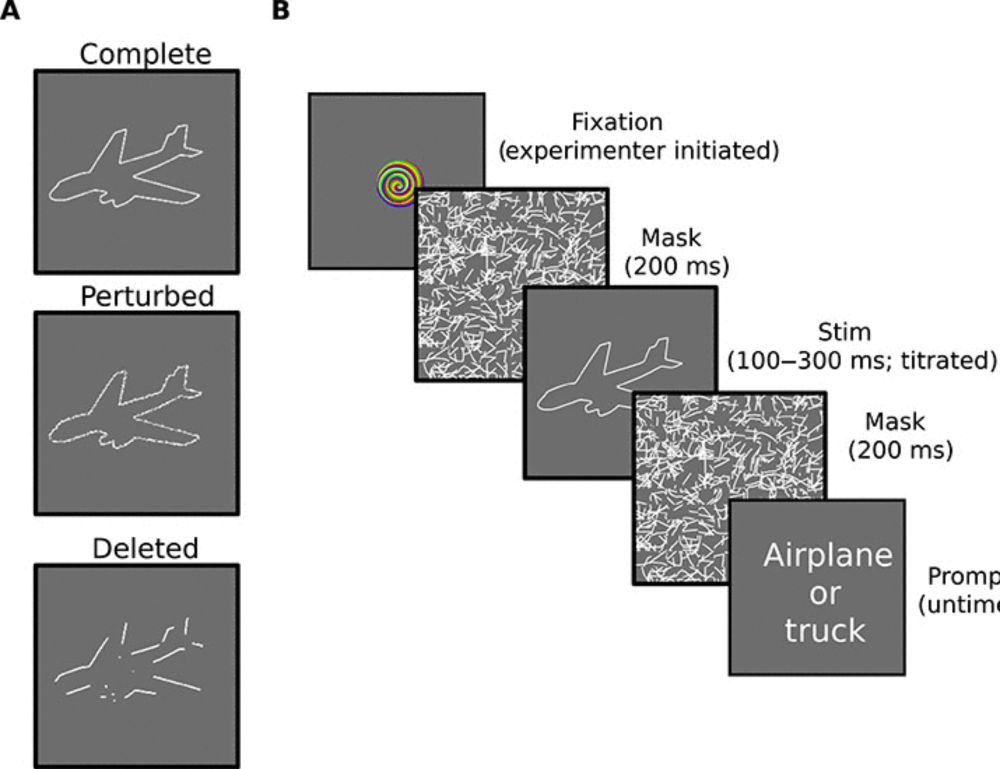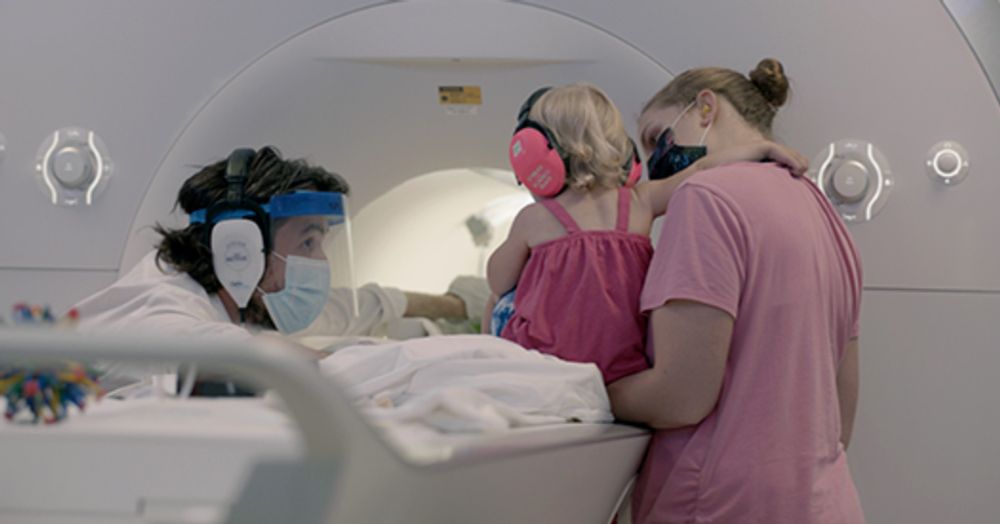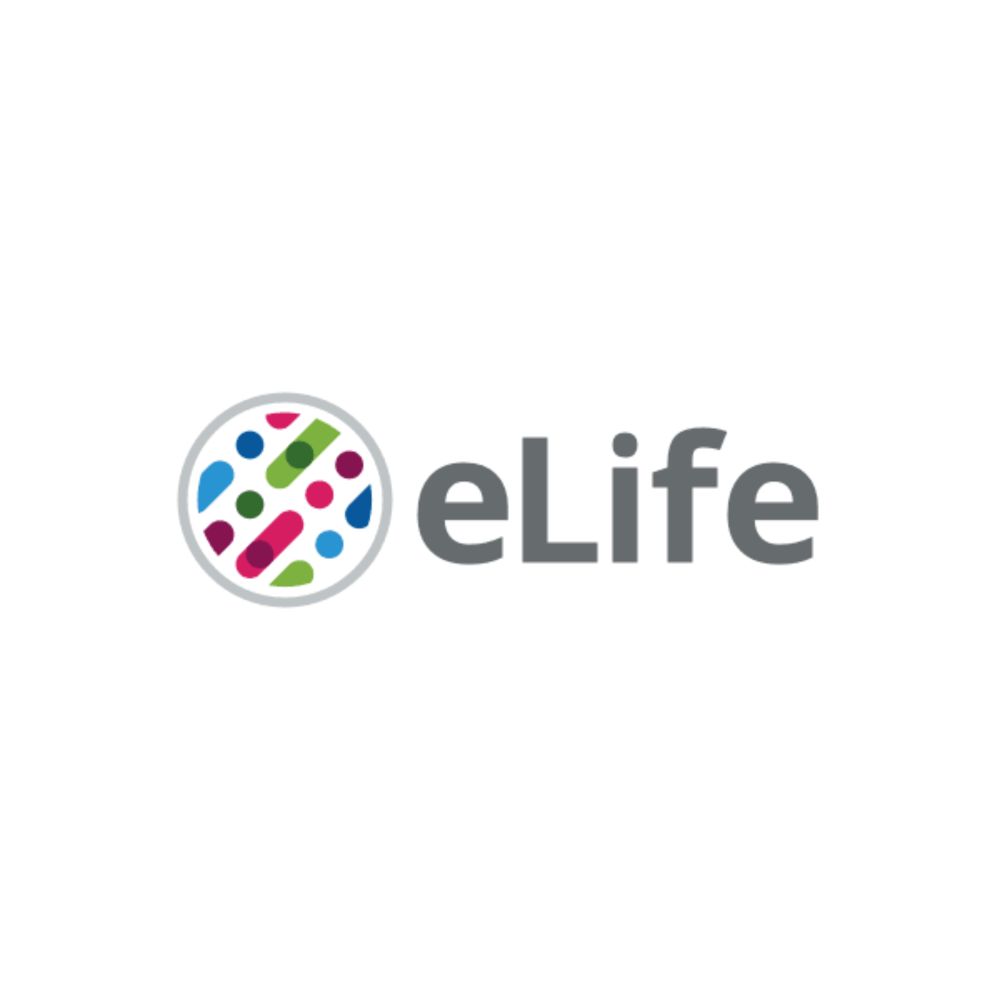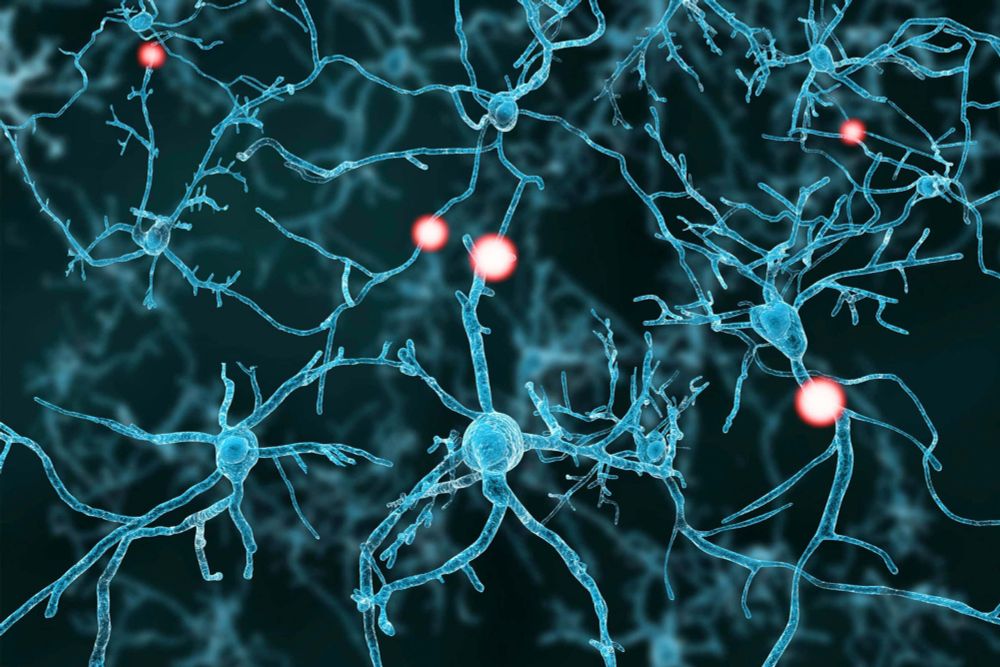Cameron Ellis
@camerontellis.bsky.social
1.3K followers
210 following
41 posts
Wannabe baby mind reader. Also, I'm from New Zealand.
Lab website: https://soc.stanford.edu/
Posts
Media
Videos
Starter Packs
Reposted by Cameron Ellis
Reposted by Cameron Ellis
Reposted by Cameron Ellis
Reposted by Cameron Ellis
Cameron Ellis
@camerontellis.bsky.social
· May 19
Cameron Ellis
@camerontellis.bsky.social
· Apr 29

Movies reveal the fine-grained organization of infant visual cortex
The visual system of infants has adult-like properties, and these properties can be revealed at an individual level by having infants watch movies during functional magnetic resonance imaging.
elifesciences.org
Reposted by Cameron Ellis
Erica Busch
@elbusch.bsky.social
· Apr 3

Accelerated learning of a noninvasive human brain-computer interface via manifold geometry
Brain-computer interfaces (BCIs) promise to restore and enhance a wide range of human capabilities. However, a barrier to the adoption of BCIs is how long it can take users to learn to control them. W...
doi.org
Reposted by Cameron Ellis
Reposted by Cameron Ellis
Cameron Ellis
@camerontellis.bsky.social
· Mar 20
Tristan Yates
@tristansyates.bsky.social
· Mar 20
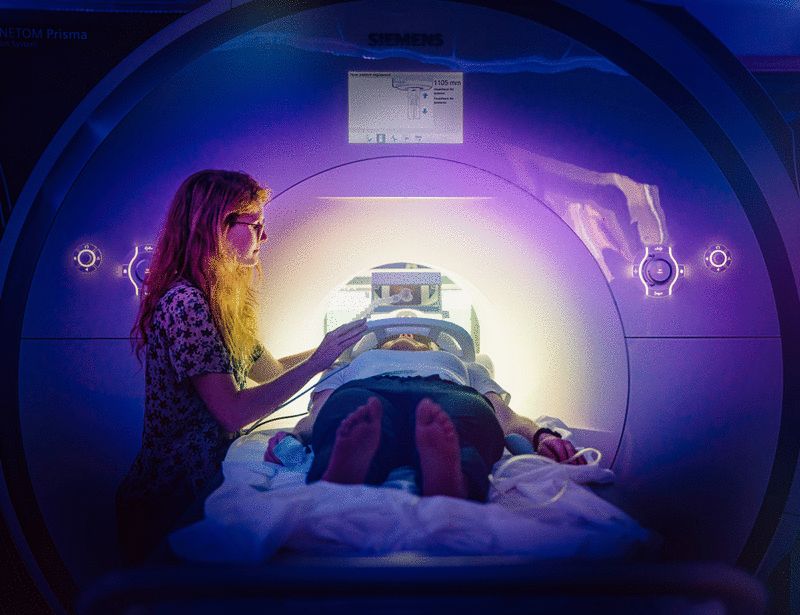
Hippocampal encoding of memories in human infants
Humans lack memories for specific events from the first few years of life. We investigated the mechanistic basis of this infantile amnesia by scanning the brains of awake infants with functional magne...
www.science.org
Cameron Ellis
@camerontellis.bsky.social
· Mar 11
Tristan Yates
@tristansyates.bsky.social
· Mar 11
Reposted by Cameron Ellis
Cameron Ellis
@camerontellis.bsky.social
· Feb 27
Lillian Behm
@lillianbehm.bsky.social
· Feb 26

Data retention in awake infant fMRI: Lessons from more than 750 scanning sessions
Functional magnetic resonance imaging (fMRI) in awake infants has the potential to reveal how the early developing brain gives rise to cognition and behavior. However, awake infant fMRI poses signific...
www.biorxiv.org
Reposted by Cameron Ellis
Reposted by Cameron Ellis
Reposted by Cameron Ellis
Reposted by Cameron Ellis
Vlad Ayzenberg
@vayzenb.bsky.social
· Jan 7

An intrinsic hierarchical, retinotopic organization of visual pulvinar connectivity in the human neonate
Despite the immaturity of the visual cortex, infants exhibit remarkable perceptual abilities. The pulvinar is hypothesized to support perceptual abilities in infancy and even scaffold the initial development of cortical visual areas. Here, Ayzenberg et al. examined the organization and maturity of connections between the pulvinar and the visual cortex.
www.cell.com

